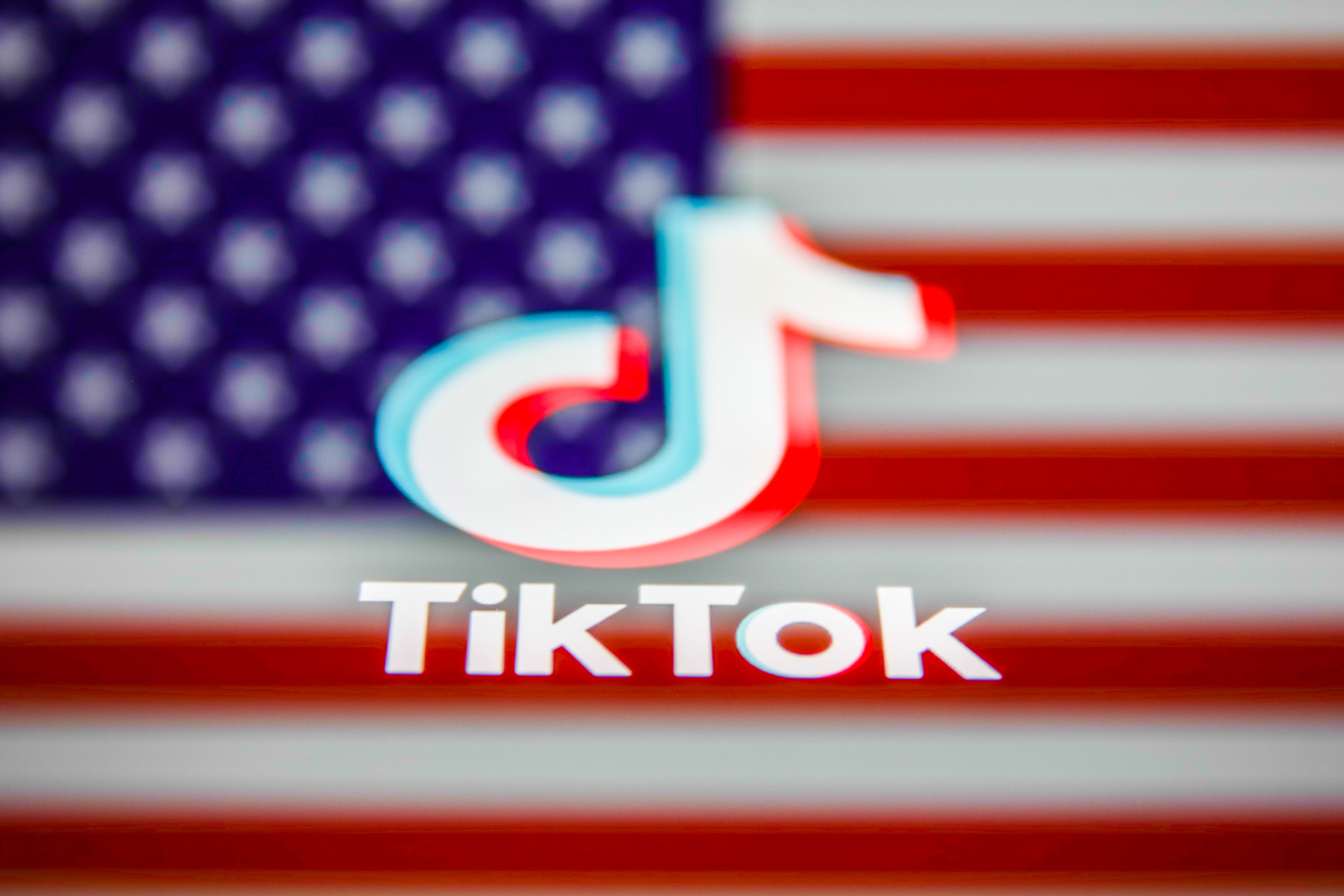
The American Attack on TikTok Violates International Regulations
From the details of the transaction, it is evident that the “cooperation” is essentially a feast for the American government and companies to jointly divide up China’s most promising technology companies. In the process, the Trump administration has taken the ”art of the deal” to an extreme. The policies and attitude of the U.S. Department of Commerce, the White House and Donald Trump himself have continuously changed, leaving the rest of the world confused about the American government’s true position on the issue. Official documents can change drastically at any time and the president’s comments are even more unpredictable, which makes people question the U.S. government’s authority and credibility. The Trump administration’s unprofessional behavior has not only severely impacted the order of the global economy, but also exacerbated the division of cyberspace.
America has long been an offender in using its hegemony to suppress foreign businesses. Advanced industrial countries such as Japan, France and Germany have all felt the effects of the American government’s bullying. In 1982, the U.S. government arrested Hitachi and Mitsubishi employees for industrial espionage, accused them of stealing IBM technology and fined them. In reality, it was the American government that phished* law enforcement in order to attack Japanese companies. The French company Alstom also paid the price of having executives imprisoned, paying major fines and being acquired by General Electric, all for challenging the commercial interests of American companies. Recently, the American government has even imposed sanctions on Germany with the justification of Russia and Germany’s joint construction of a natural gas pipeline posing a threat to national security. Due to pressure from the American government, many companies choose to plead guilty in order to avoid confrontation with the U.S. government, which has only caused its power to grow stronger.
The final decision in this deal negotiation, however, will ultimately be made by the Chinese government. Currently, ByteDance has already submitted relevant documents to the Chinese authorities. The authorities responded that they will continue to protect the legal rights of Chinese businesses, and that any unfair conditions imposed by the American government will not be approved by the Chinese government. In addition, certain transaction clauses involving violations of Chinese national security and cyber sovereignty will be scrutinized by the Chinese government. For example, explicitly requiring four American citizens to be on TikTok’s board of directors is a serious violation of the international commercial order. Forcing TikTok Global to be responsible for all business outside of China is a violation of Chinese cyber sovereignty.
Although every country has its own internet policy, abiding by international rules and regulations is a prerequisite. In the case of TikTok, the U.S., which once prided itself on its rules and laws, has violated the rules of its own system, and more global-oriented American companies will suffer from this.
The author is the secretary general and a researcher at the Shanghai Cyberspace International Governance Research Center
*Editor’s note: “Phishing” is a form of internet fraud that aims to steal personal information such as credit card numbers, Social Security numbers, user IDs and passwords.

/cloudfront-us-east-1.images.arcpublishing.com/tgam/7MSM5QIXVNIWLNA7C6EWRTTXGY.jpg)
/cloudfront-us-east-1.images.arcpublishing.com/tgam/CRL5CWLYGJMIXODXGZCXOGCFDQ.jpg)